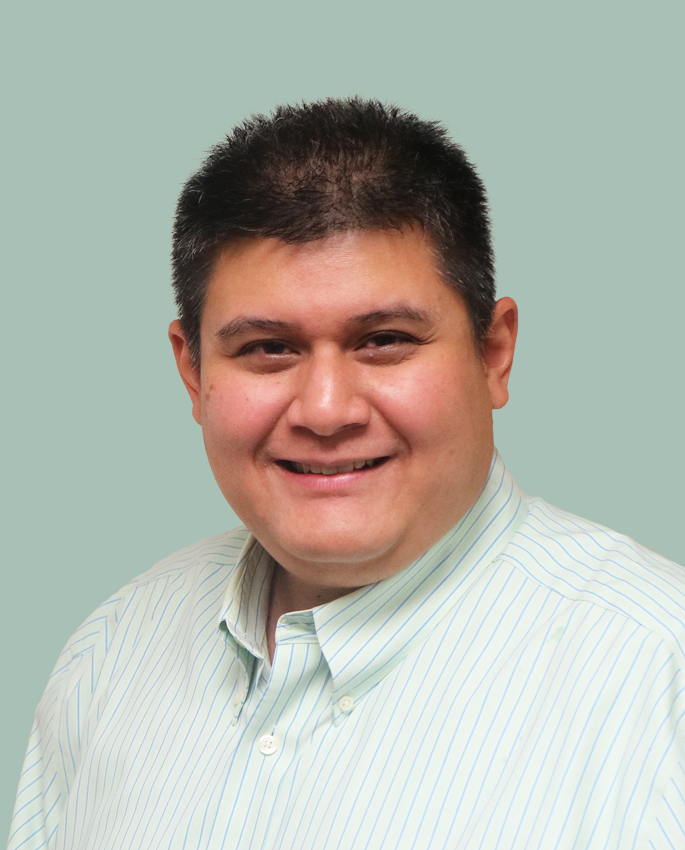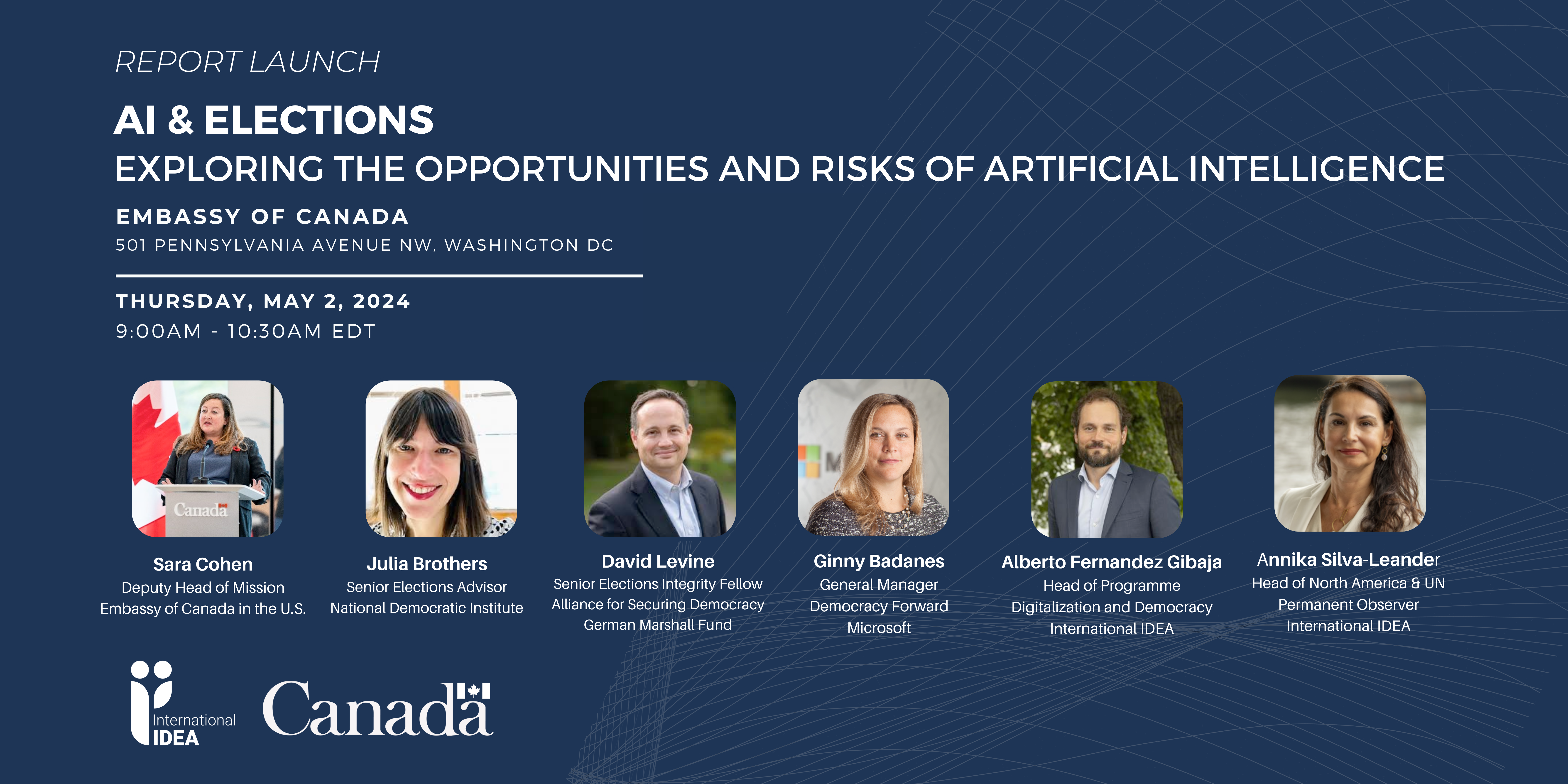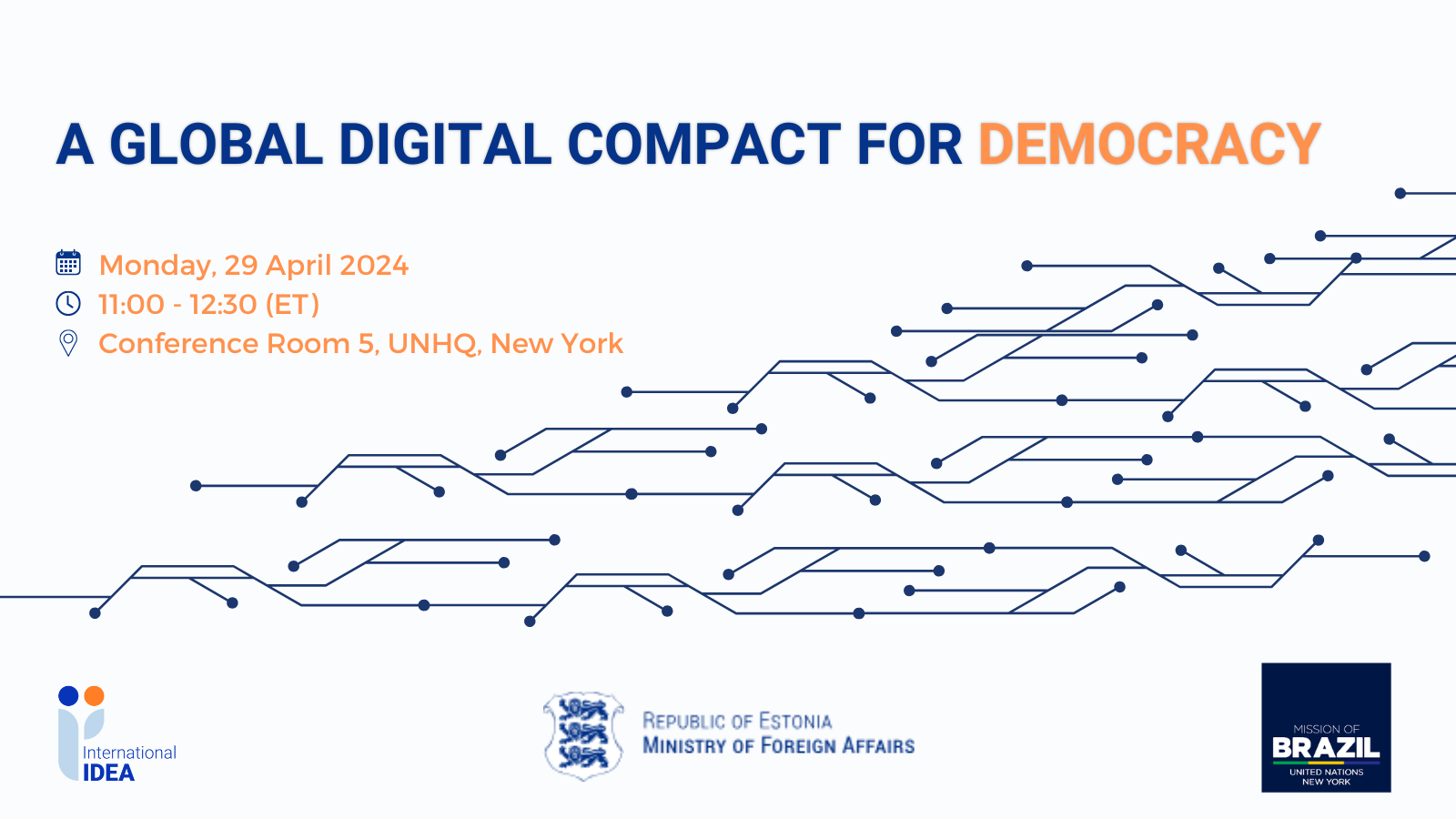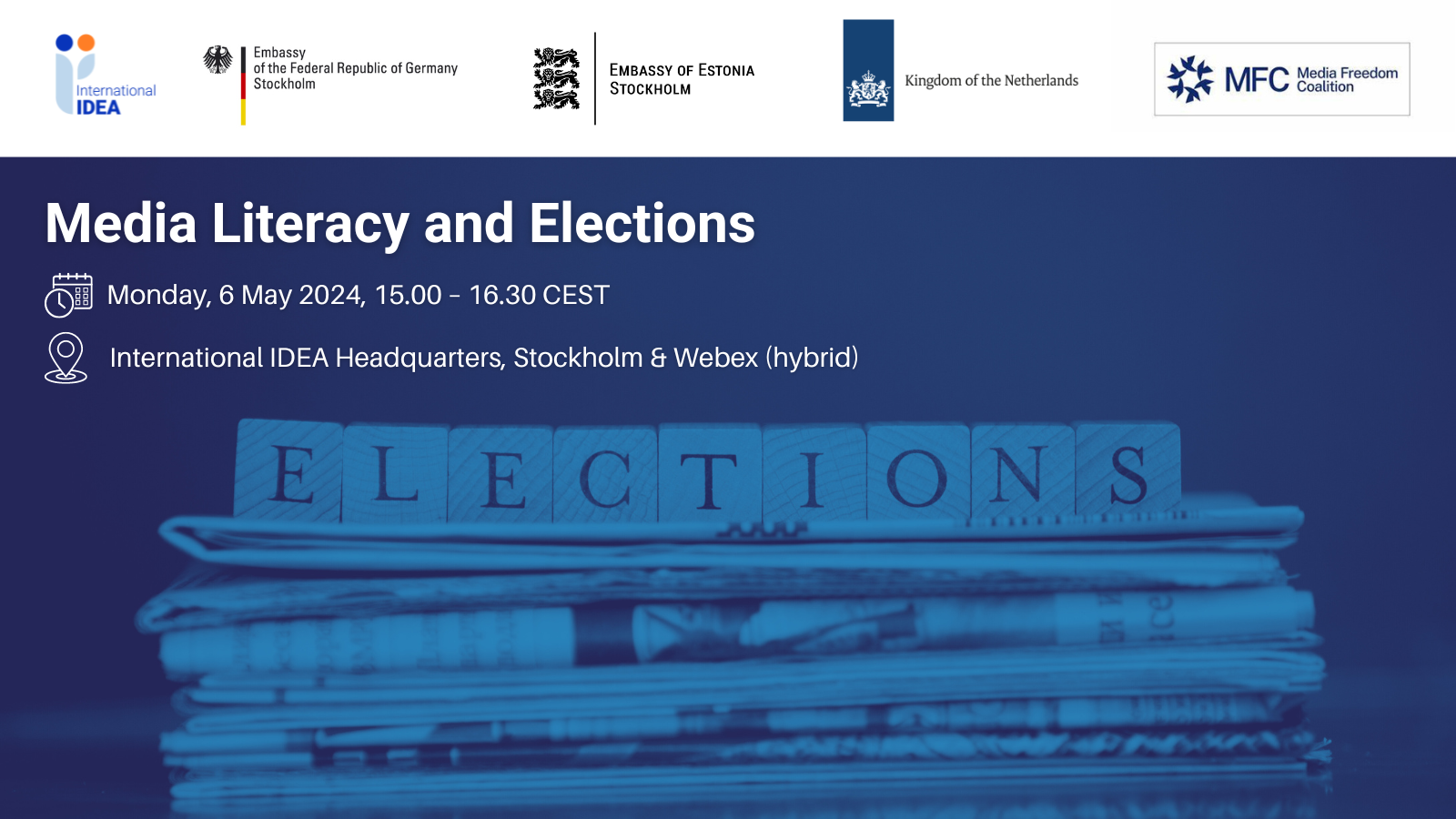Multi-institutional collaboration in Thailand: A potential way for improving election risk management
Ever since the current election commissioners took office in late 2013, they have confronted various difficulties. From the controversial circumstances surrounding the February 2014 General Elections to the Constitutional Referendum in August 2016, the Election Commission of Thailand (ECT) has been facing heightened risks in managing electoral processes, not least due to deeply divided society, including its civil society. This has led to ECT's great interest towards International IDEA’s work on electoral risk management (ERM) over the last couple of years and especially now as the country is preparing for the general elections, scheduled to take place in 2018, paving the way toward elected government and parliament.
The International IDEA ERM Tour of Asia’s stop in Bangkok was unique because unlike at other stops, the one-day workshop targeted civil society organizations (CSOs). With the full support of the ECT, International IDEA and its partner organization, Open Forum for Democracy Foundation (P-Net), which is a domestic election observer group provided a forum of dialogue about risk management in elections. The ECT team, led by Commissioner Somchai Srisutthiyakorn, took an active part in the workshop presenting the roadmap towards general elections in 2018, discussing information sharing cooperation with civil society as well as demonstrating how the ECT has been using International IDEA’s Electoral Risk Management (ERM) Tool.
This meeting of state and non-state institutions, albeit involving a very limited number of CSOs, is a step in the right direction towards improving ERM in Thailand. Based on International IDEA’s study of global practices and experiences presented in its Policy Paper No. 14 entitled “Risk Management in Elections”, election management bodies (EMBs) should create and maintain a multi-agency forum for exchange of risk data. While the discussions in Bangkok on Sunday, 21 May 2017, was not about data exchange, a common understanding of the need for the ECT and CSOs to communicate and collaborate for preventing and mitigating risks was evident.
“Not all risks encountered by an EMB can be prevented and mitigated through internal arrangements or unilateral actions”, stated the Policy Paper. There are external factors that give rise to electoral risks and the protests and blockages groups of people in the lead up to and during the 2 February 2014 general elections are empirical examples.
Moreover, while the ECT may have access to government and military intelligence, the views of CSOs and political parties would complete the points of view that an EMB needs to collect. They may add on to and also validate the intelligence data. Their reports or complaints would also serve as valuable information for the ECT as it continuously collect and analyze data in order to create as many risk alerts as necessary.
Stark example is Kenya’s UWIANO platform for peace that represents a standing forum through which governmental and non-governmental organizations collaborate in the exchange of data and the coordination of prevention and mitigation actions. During the General Elections of 2013, it brought together the Independent Electoral and Boundaries Commission of Kenya, the National Cohesion and Integration Commission, the National Steering Committee, PeaceNet (a CSO) and UNWomen. Other examples of constructive CSO involvement include the 2005 Presidential Elections in Guinea-Bissau and the 2012 General Elections in Ghana.
Such multi-institutional collaboration may be foreign in many country settings, but as the examples above and International IDEA’s global comparative research has shown, the benefits are clear. Credible elections are more achievable where such collaboration exists or at the very least, space for dialogue is wide open.




